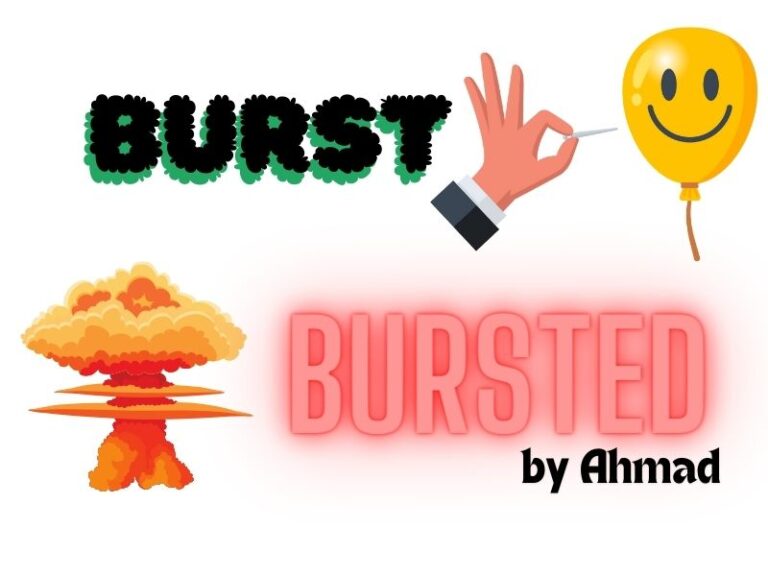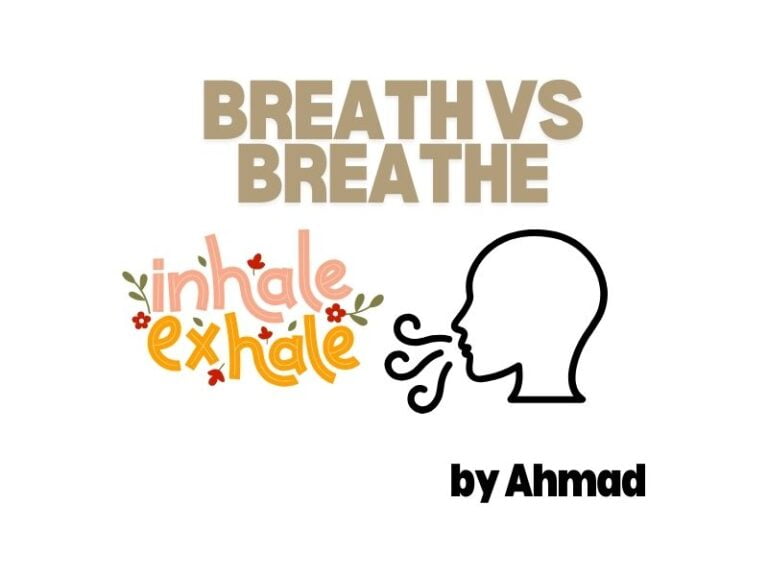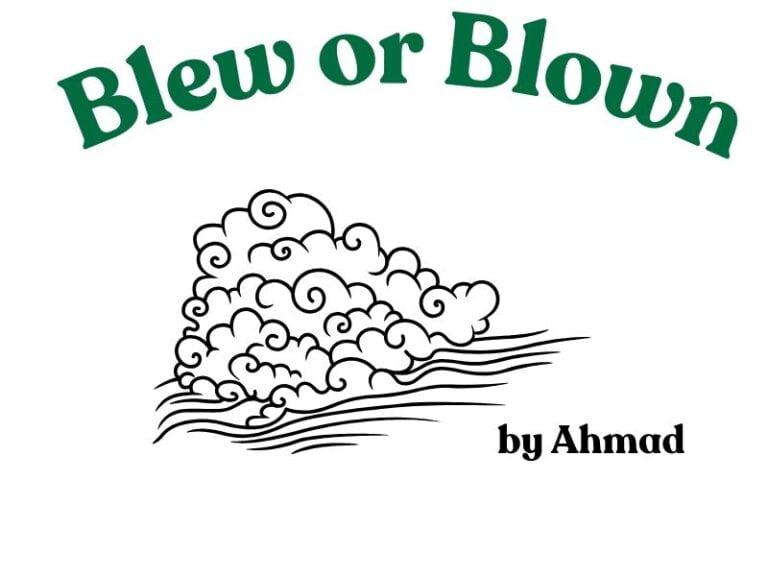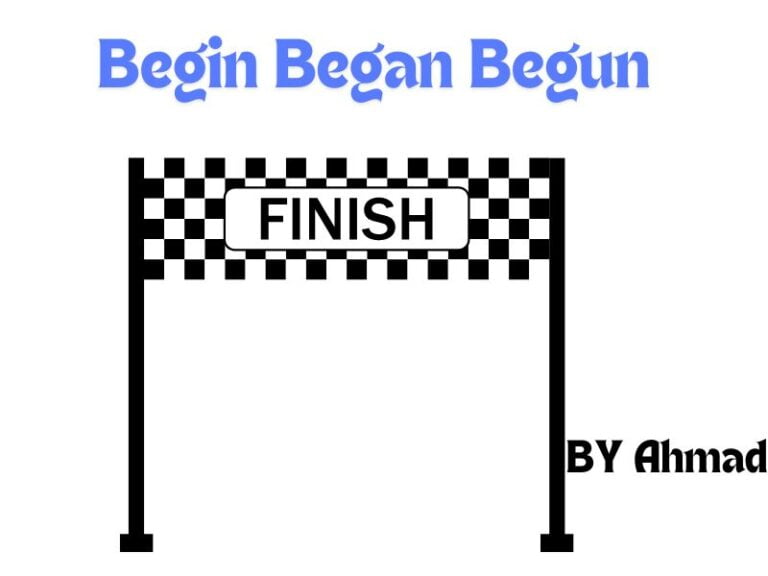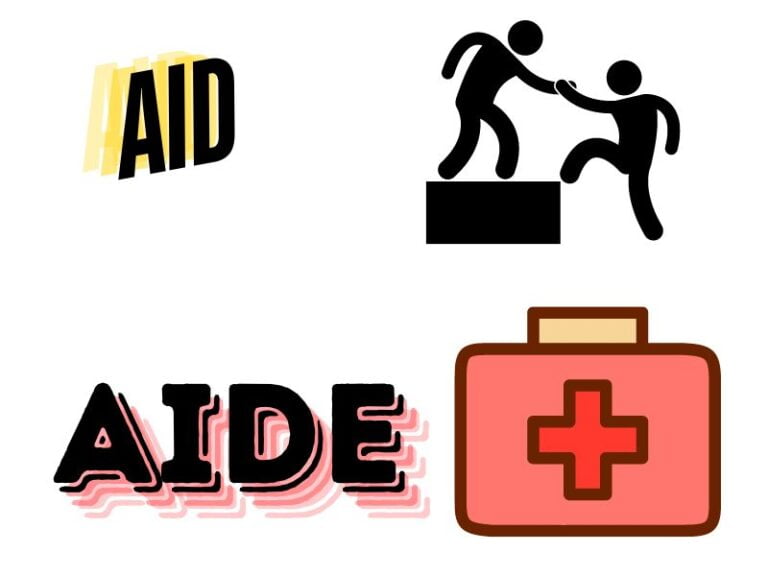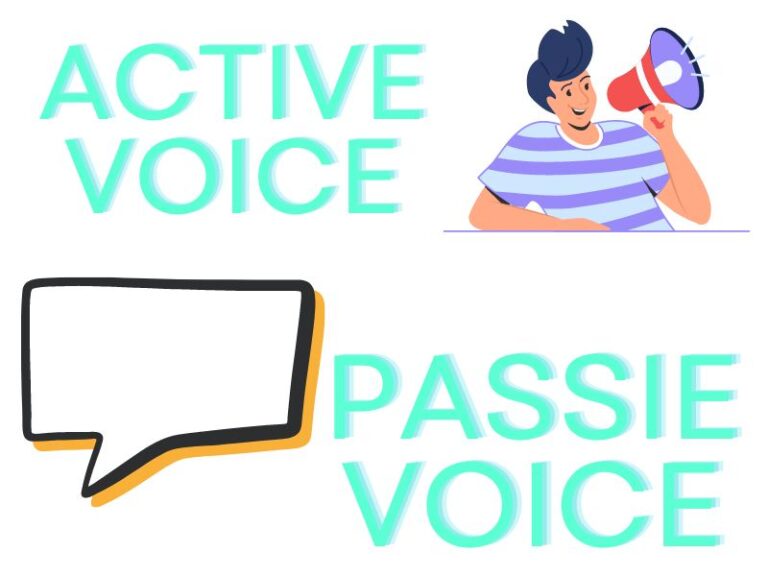Deal vs Dealt: Understanding the Past Tense of Deal
In English, most verbs form their past tense by adding ‘-ed’ to the base form. However, “deal” is an exception to this rule. The past tense of “deal” is “dealt,” not “dealed.” This often leads to confusion because it does not follow the standard pattern of verb conjugation. Dealed or Dealt: Which Is Correct? The…





